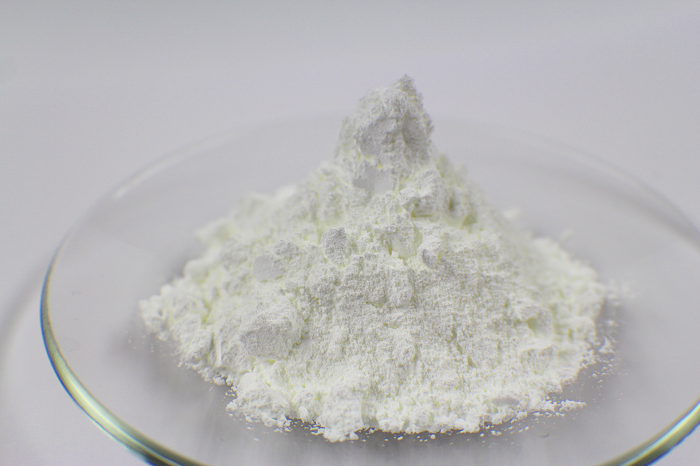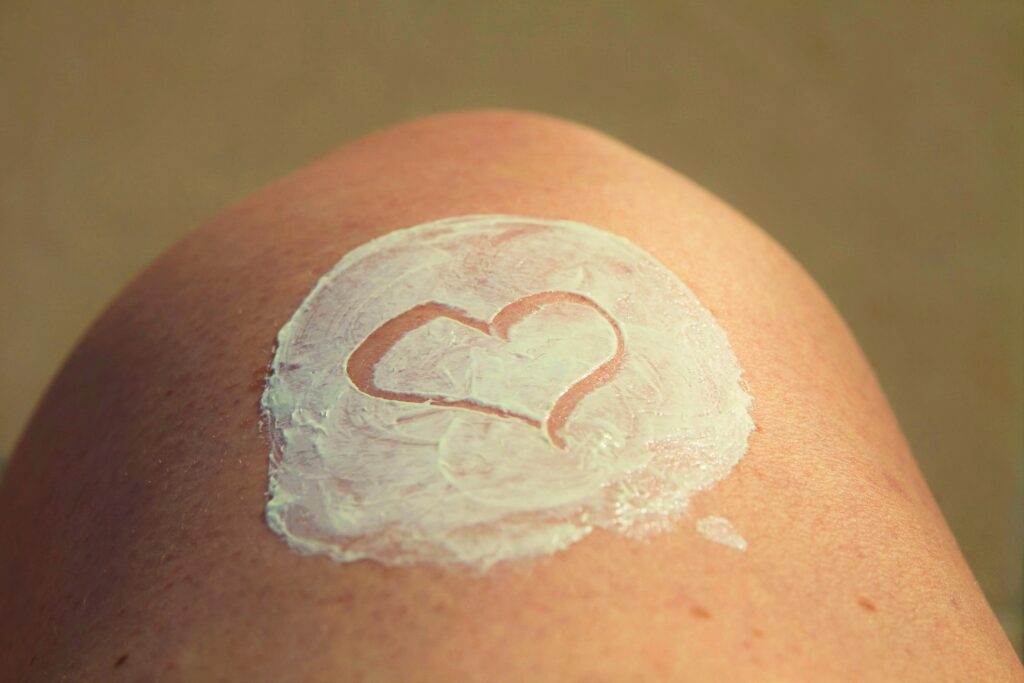Zinc Oxide – Applications and Uses of Zinc Oxide
Did you know that Peru is the second largest producer of zinc in the world? (USGS, p. 194).
In this entry we will focus on one of its main derivatives, which is Zinc Oxide.
What is Zinc Oxide?
It is a chemical product obtained from an industrial process in which the electrolytic Zinc SHG – Special High Grade is used as raw material. This is normally melted in a graphite crucible. Afterwards, this mixture evaporates through combustion chambers at an average temperature of 1000 ºC. LeCalire created it in 1844, receiving the name French Process (indirect).
Another alternative to obtain this product is through the American or direct process. In this, Zinc ores and industrial by-products derived from zinc are used as raw material, under an oxidation reduction process.
It is possible to obtain this product with a third alternative, known as wet process.
What are the uses of Zinc Oxide?
Each time, it is more common to find this derivative in different industries. This is due to the constant research that is carried out in order to understand all the benefits that it can provide. Some examples are:
- Food Manufacturing
- Medicine & Cosmetics
- Plastics & Rubber
- Coatings
- Ceramics
Food Manufacturing
In a previous blog post we covered in more detail the effects of Zinc on people’s health. It should be noted that a lack of Zinc in the daily diet can manifest itself in health alterations. Some examples of this can be brain dysfunction and developmental failures, weakness in the immune system and problems in physical development.
The International Zinc Association, or better known as IZA, made an investigation about fertilizers. This document mentions that it is common to find Zinc Oxide and Zinc Sulfate in the fertilizer industry, due to its high solubility, low cost and easy accessibility in the market.
Medicine and Cosmetics
According to an article made by EcuRed, an online collaborative encyclopedia belonging to the Cuban government, it states that one of the most recognized uses of this zinc derivative is its effectiveness in preventing damage to our epidermis, such as in sunscreens, as well as in speeding up the relief of small wounds and inflammations.
Zinc oxide can adhere to the skin surface and form a thin layer. This helps in the isolation of any external factors with a possibility of damaging it or worsening the damage to the skin.
ZnO is also used in the elaboration of products that combat body odor. Some examples are toothpastes, deodorants, skin protection creams, among others. Bayer prepared a note detailing the process in which Zinc oxide takes action, where we can highlight the following:
“(…)Zinc oxide is an effective compound when it comes to counteracting bad odor in the feet, since it is capable of absorbing excess sweat, creating an adverse environment for the bacteria that cause bad odor, in addition to reducing excessive perspiration by naturally closing the pores of the skin”.
Translated from Bayer.
Plastics and Rubber
Zinc Oxide is used in the plastics industry to prevent discoloration, maintain heat stability and product transparency.
This can be found in different plastic products, such as stretch film, packaging, additives for the food industry and textiles.
Products that use Zinc Oxide as an additive in the packaging of the food industry have an additional protection that can maintain the goodness of its contents.

Applications on zinc oxide stabilized polypropylene and HDPE may vary. Some clear examples are safety helmets, stadium seating, insulation, pallets, bags, fiber and filament, agricultural and recreational equipment.
Zno has high gloss, refractive indez and optimal particle size. This gives a high degree of whiteness and dye strength to rubber products such as tire sidewalls, sheets and surgical gloves.
For rubber compounds, zinc oxide is an excellent activator. Within the variety of procedures to be able to obtain the finished product, there is a step where the mixture between Zinc Oxide and Sulfur act together. This decreases the vulcanization time. With this, the energy consumption is reduced, a better dispersion of the mixture is achieved and the physical-mechanical properties of the formulations are improved.
Coatings
In the coatings industry, Zinc Oxide is an essential element in the elaboration of enamels, pigments and paintings. This is mainly due to two properties that it has, the fungicide and bactericide. These properties make it an indispensable part of the paints that improve color and durability under various climatic conditions.
Additionally, paints based on Zinc Oxide can retain their flexibility and adherence in metals, using iron as an example, which is especially difficult to protect. This is due to the reactivity that it has against organic coatings, which results in high fragility and lack of adhesion.

Ceramics
Within the ceramic industry, the properties of ZnO are present in different ways.
By adding Zinc Oxide to the mixture it is possible to increase the heating capacity. Not only this, it can also add a certain degree of electrical conductivity, control viscosity, avoid the appearance of cracks in severe firings, improve chemical resistance, among other properties.
These are just some of the applications that can be given to this versatile product, which is subject to constant research to discover new uses every day and benefit different industries.
In Zinc Industrias Nacionales S.A. we are proud of the products we manufacture and commercialize, being the most representative of our portfolio the Zinc Oxide Gold Seal (99.9%).
In case you are interested in making a quotation, you can contact our commercial area by clicking on the following button.
We hope that this note has been useful. As always, if you have any questions, please do not hesitate to let us know in the space below. We will be happy to assist you.
Other posts that might interest you:


